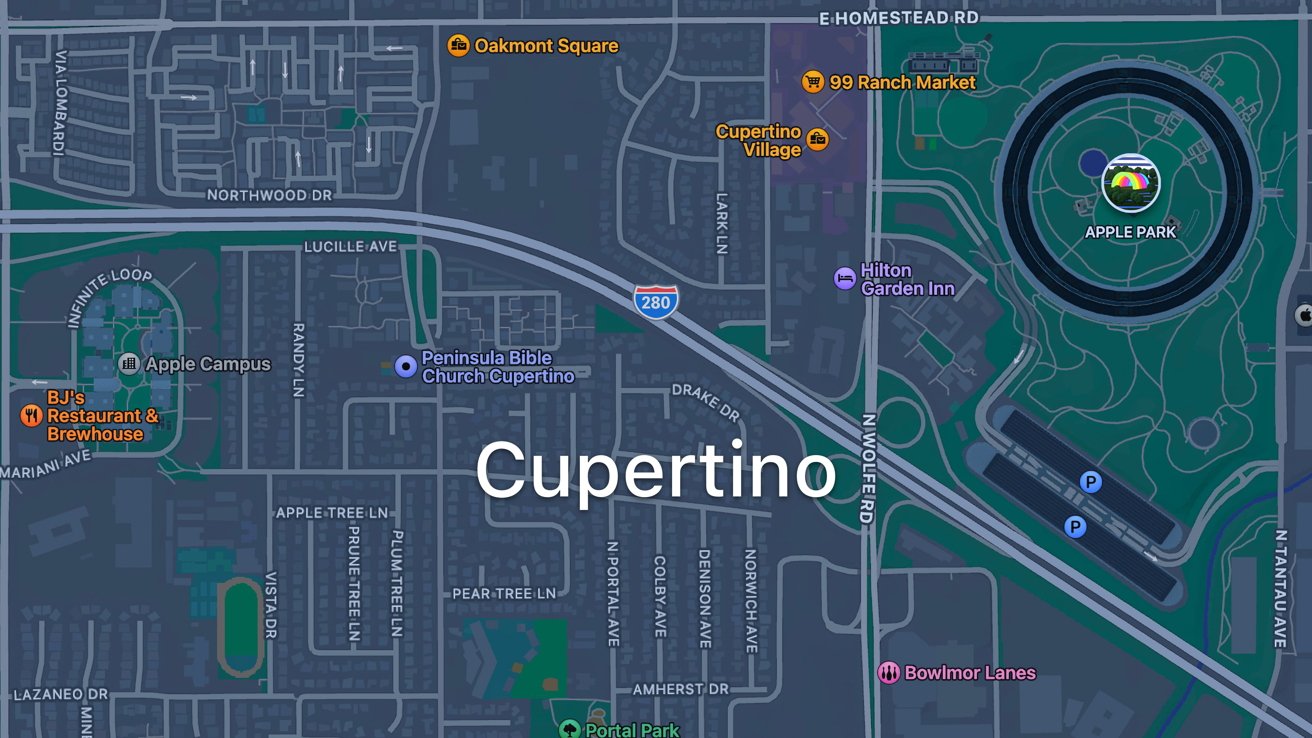A tax deal relating to online sales between Apple and the city of Cupertino is set to fall through, resulting in a 73% tax revenue decline.
Since 1998, Apple has reportedly had a deal with its hometown of Cupertino to treat all online sales made in California as if they were made in that city. This led to the 1% local portion of tax revenue swelling for years as Apple grew, not to mention a 35% kickback to Apple from Cupertino.
According to a report from Bloomberg, an audit that launched in 2021 by the California Department of Tax and Fee Administration has led to a breakdown of this old deal with Apple. Nothing is set in stone, as Cupertino's finance director is scheduled to explain the audit's findings to the city council on Thursday, but Cupertino is expected to see a significant tax revenue decline.
The report explains that Apple had a deal with Cupertino to report every online transaction made in California as if it were made in Cupertino. California law states that a portion of the sales tax goes to the location where a transaction takes place.
So, Apple reports all online sales in California as taking place in Cupertino, then it pays the 7.25% state sales tax to the tax department. The local 1% portion goes to Cupertino, which then passes 35% of that total back to Apple.
Those payments back to Apple have added up to $107.7 million since 1998, according to this report.
The tax revenue for Cupertino is set to drop to $11.4 million from $42.1 million. That and Cupertino may be required to return the money to the state that it received in previous years.
The audit and subsequent fines are set to reduce Cupertino's operation spending by millions. The city is expected to cut jobs, reduce local events, and reduce funding until things balance out — which may not be until 2030.
 Wesley Hilliard
Wesley Hilliard




-xl-m.jpg)




 Christine McKee
Christine McKee
 Amber Neely
Amber Neely
 William Gallagher
William Gallagher
 Malcolm Owen
Malcolm Owen

 Mike Wuerthele
Mike Wuerthele









13 Comments
More likely, California wants to distribute sales tax to the home tax district of the buyer. If Apple aggregates all sales to Californians in the Cupertino tax district, they are cutting the other tax districts in the state out of that one percent city, and local district taxes as well.
So if the transaction took place on a server in Oregon there would be no Sales Tax? Or maybe on a server in unincorporated Inyo County, would that be where the tax was booked? What if a company booked their online sales on servers in multiple locations?
No Apple chose to book them based on their US headquarters and worked a tax cut from the city council. The rebate is a bit shady. The article makes it seem that Cupertino will be the one taking the hit so I hope Apple can find a way to hero them out.
Seems like a pretty dodgy deal in the first place.